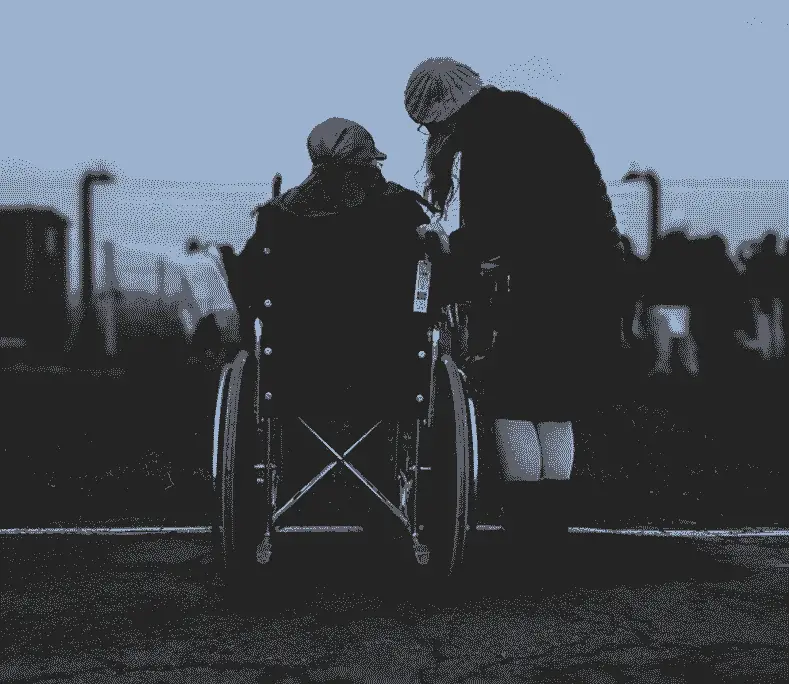What responsibility does the Australian community have towards a disabled person? People who have never interacted or lived with a person living with a disability, find it a difficult and intimidating experience. The easiest way to interact with a disabled person, is to see them as who they are and not what they are dealing with, treating everyone as equals.
The community’s role towards a disabled person should stem through empathy, friendliness and creating friendly relationships with pure intentions and understanding, which will create a sense of worth and belonging toward them.
A disabled person in distress is unable to be fully functional and needs help, this is where they need us to build a connectivity bridge. Communities can be formed both online and offline to help the disabled individual find their voice and spread their knowledge worldwide. When there is a positive community online or offline it helps in bettering the lives of the disabled.
It is everybody’s responsibility to be open-minded and considerate towards them. Being able to form small sub-communities to celebrate events is a great idea as long as the motives are pure, understanding, and the betterment of the disabled person.
How to treat a Disabled person in your community
Don’t victimize people with disabilities, seeing them only based on their disability takes away their power, and always focuses on what they are trying to leave in the past, it would be better to refer to them as survivors rather than victims.
- Ask if disabled people if they need assistance before providing it: it is always best to ask if they need your assistance before trying to assist, so you do not come off as rude, and rubs off on them as they are incapable and probably upsetting them.
- Do not underestimate them: many people living with a disability are more than capable of taking care of themselves without assistance. Disabled persons are aware of their limitations and have had a lot of time in handling them.
- Be cautious of words being used: educate yourself on what you can and cannot say to a disabled person, it may take a while to adjust but the effort counts. Words that may be empty to you may be a trigger word to them, linking to trauma or other painful and unhappy memories.
- Be open to understanding them: it is only when you understand them that you would be able to know why they behave and act like they do. This would make it easier to know where they are and how to meet them half way.
- Make eye contact: when you are scared that you may say or do something disrespectful to a disabled person, you may end up ignoring them and unknowingly hurting their feelings. They deserve acknowledgement and are a part of the community.
- Provide college scholarships to athletes with disability: athletes that are disabled deserve to be scouted and offered scholarships. The disability should be seen as an inspiration and not a limitation.
- Acknowledge police brutality and work towards eradicating it in the community.

